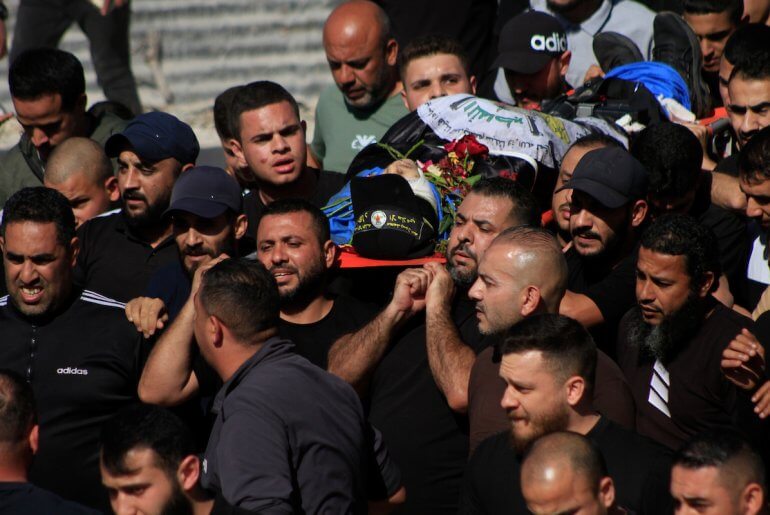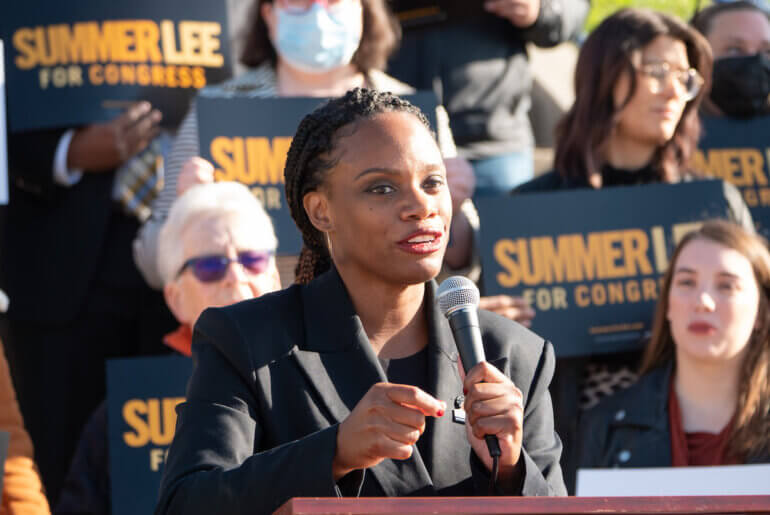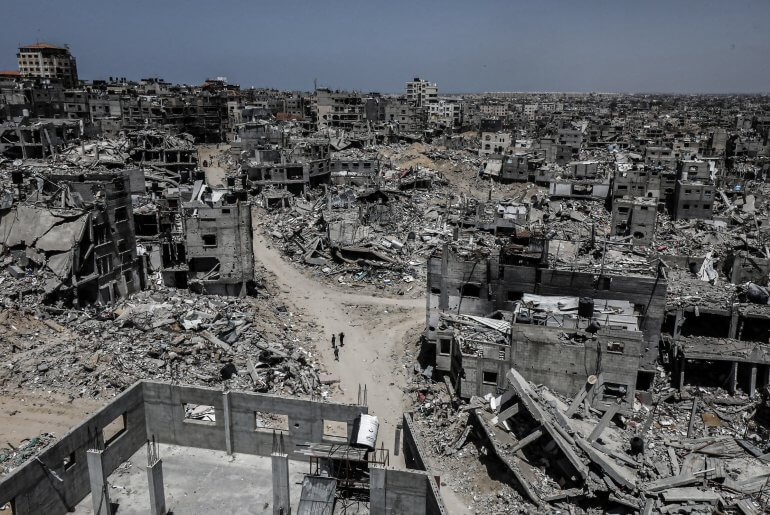This is the first episode in a five-part series produced by Mondoweiss on COVID-19 in Palestine. The series will explore how the virus is affecting the social, economic, and political situation in the occupation territory, and how Palestinians are living under both a global pandemic, and the Israeli occupation.
What would you do if you were living in a refugee camp during a global pandemic?
The Dheisheh refugee camp is one of nineteen Palestinian refugee camps in the occupied West Bank, and is the largest of three refugee camps in the city of Bethlehem. It’s home to 13,000 refugees, living in an area of less than half a square kilometer.
Since June, Palestinians in the West Bank, including the residents of Dheisheh camp, have been fighting a second wave of the coronavirus pandemic that’s spreading like wildfire through the occupied territory.
For the first time in months, Palestinian refugee camps are seeing a spike in COVID-19 cases raising concerns over the potentially devastating effects the virus can have on disadvantaged communities Dheisheh camp.
“The virus is spreading really fast in the camp. Right now we have more than 65 cases in the camp,” Hamzeh Jalham, a community organizer from Dheisheh told Mondoweiss in early August, pointing out that those 65 cases were all reported in less than a week.
“I can guess that in a month or two, if the situation stays like this, we will have hundreds of cases,” Jalham said.
Most refugee camps like Dheisheh are home to three, even four generations of Palestinian refugee families. With so many people living in such a small space, overcrowding has become a major issue for Palestinian refugees during COVID-19.
“For example, you can see here, if this house has the coronavirus, it could spread to their neighbors,” Jalham told Mondoweiss, as he stood in a narrow alleyway barely separating two neighboring houses.
“Most of the houses in the camp are infected with the virus because of how close the houses are to each other,” he said, pointing out that many families are scared to even open their windows over fears that the virus could spread that way.
In many Palestinian refugee camps the existing infrastructure has remained unchanged for years, unable to keep up with the rapidly growing population.
In most homes, you can find anywhere between ten to sixteen people living in the same apartment, which has made it impossible for people to properly self-quarantine if they fear they may have the virus.
On top of problems with infrastructure and social distancing camps are suffering from severe lack of emergency funding services during COVID-19.
The UNRWA is the UN agency responsible for administering Palestinian refugee camps across the Middle East. But UNRWA has been suffering a major financial crisis for years, forcing the agency to slash essential services like healthcare and cash-for-work programs.
During the pandemic, the need for humanitarian aid in these communities has increased tenfold, as thousands of people have lost their jobs due to COVID-19 lockdowns.
But residents of these camps say that they have received little to no services from the Palestinian government, or from agencies like UNRWA.
“The one in charge of the camp should be UNRWA. But unfortunately, at first they just passed out some hand sanitizer that was barely enough for the people who were infected,” Jalham said.
“We have around 2,000 people in self-quarantine, not including the people who are infected. These people have no one to offer them any services. Where is UNRWA in this situation?”
As the summer comes to a close, families in the camp are now being faced with the reality that they may have to send their kids back to school as early as next month.
And with most families living below the poverty line, online schooling at home is out of the question.
“To be honest, I really want them to learn. But at the same time, God forbid, I’m scared for one of them to get sick from this virus,” Maysoun Abu Sadoud, a mother of five from Dheisheh told Mondoweiss.
“For example, the classrooms are the size of this room, with more than 40 students in one class,” she said, pointing to her modest living room.
“Even before this virus we had problems with overcrowding in classes. What about now, during a pandemic?”
Abu Sadoud told Mondoweiss that her family can’t afford to buy a computer, and that since March, her kids have been sharing a phone for online learning.
“We can’t afford to buy a laptop or a computer, or any of these kinds of technologies that are really expensive, especially during this time,” Abu Sadoud said.
“It’s not just difficult for me, it is for everyone. During the time of coronavirus, it has been really difficult for everyone.”



“Israel” says ‘jump’ and Facebook asks ‘how high’? A truly sickening affront against basic humanity:
https://electronicintifada.net/blogs/ali-abunimah/sadistic-facebook-shuts-down-gaza-health-ministry-page
“Sadistic Facebook shuts down Gaza health ministry page”
Electronic Intifada, August 26/20, by Ali Abunimah
EXCERPT:
“When I heard the news on Monday that the first coronavirus cases had been confirmed in Gaza outside of quarantine centers, I headed immediately for the Facebook page of Gaza’s health ministry.
“It’s the place I go for information or livestreams of press conferences from health officials serving the 2.1 million Palestinians in Gaza, half of whom are children.
“This was the moment everyone dreaded & had managed to stave off since the start of the pandemic: a potentially uncontained outbreak in a besieged enclave whose health & sanitation systems have been on their knees for years due to successive Israeli military attacks and 14 years of illegal blockade.
“To my dismay, however, the Facebook page was gone.
“Dr. Ashraf al-Qedra, the health ministry’s spokesperson, confirmed to The Electronic Intifada that Facebook shut the page down about 10 days ago. This is the third time Facebook has shut down the ministry’s page.
“Al-Qedra said the pretext Facebook gave was that the ministry had used the words ‘martyr’ or ‘resistance.’
“The word shahid in Arabic – often translated as ‘martyr’ – is used almost universally by Palestinians to describe any person, whether a civilian or a combatant, killed in the context of the conflict with Israel.”